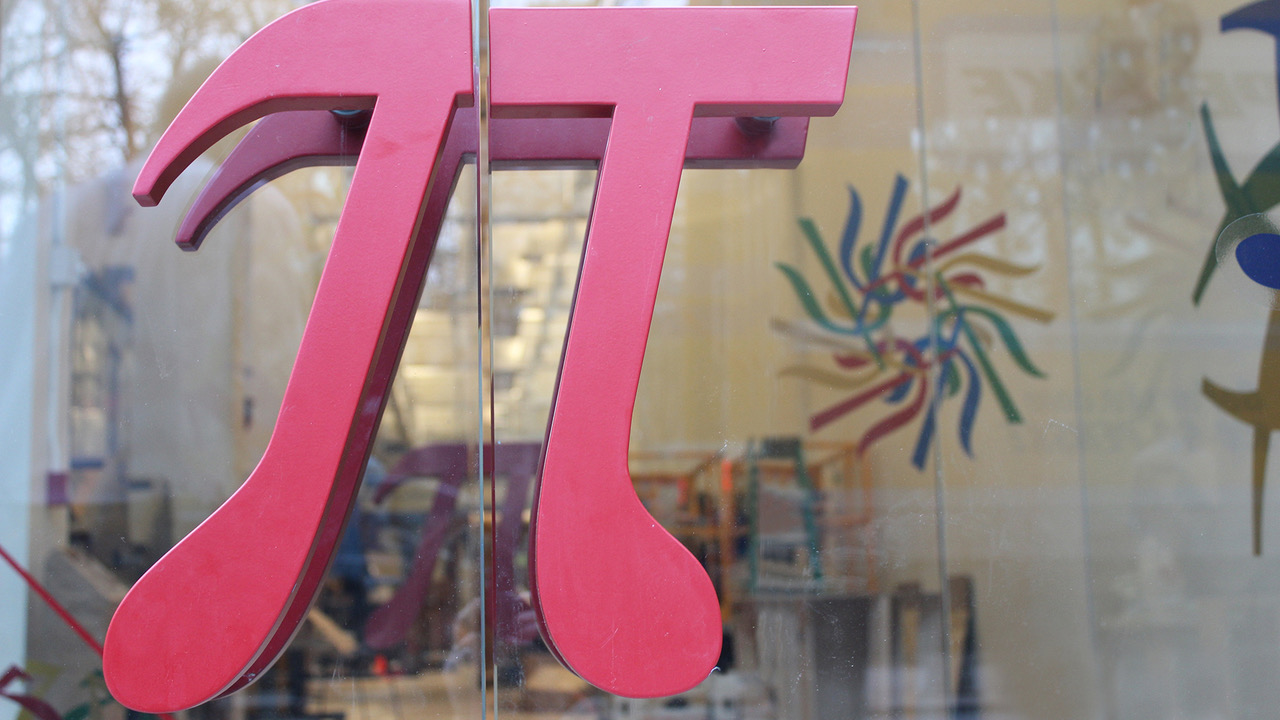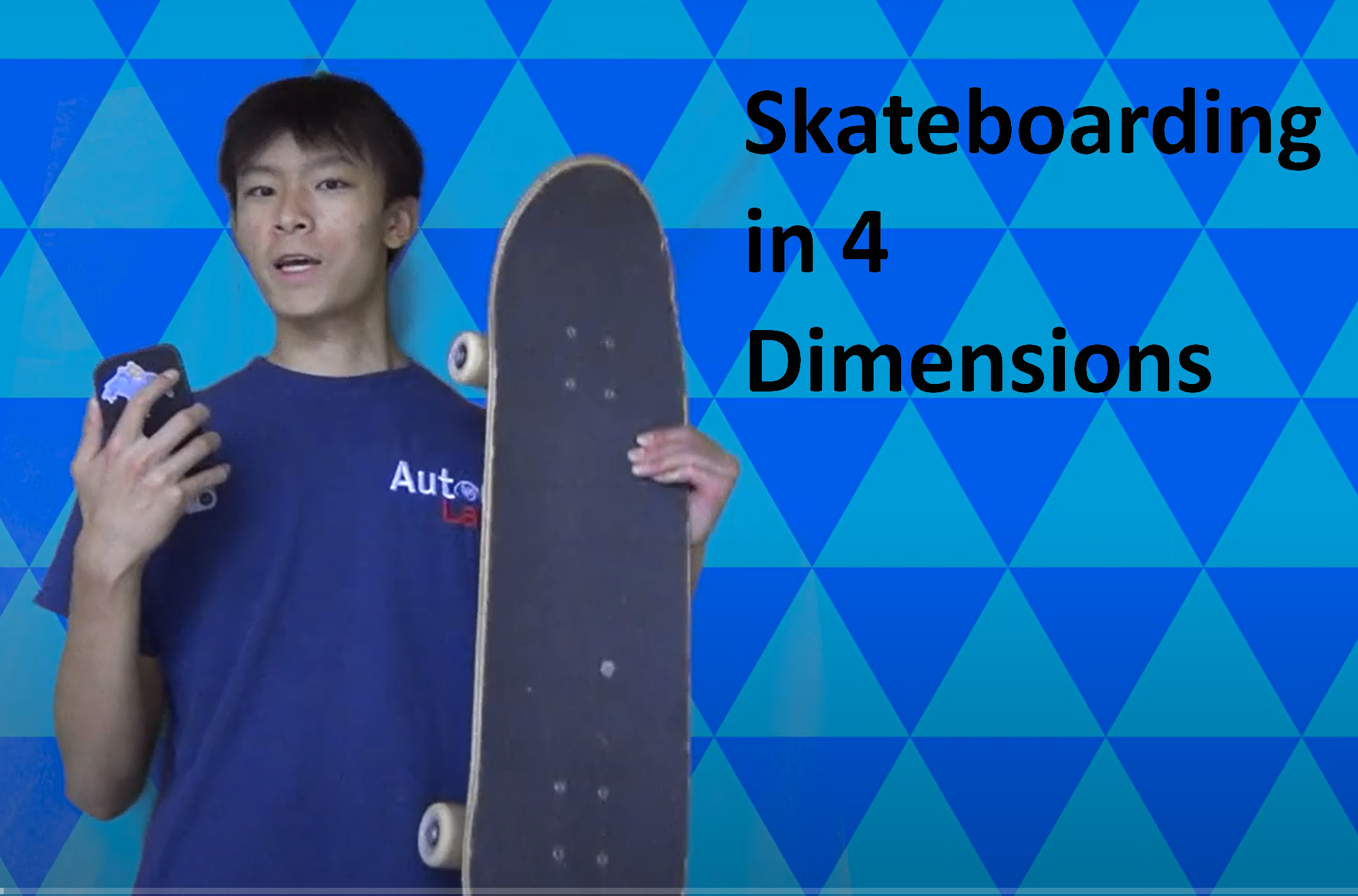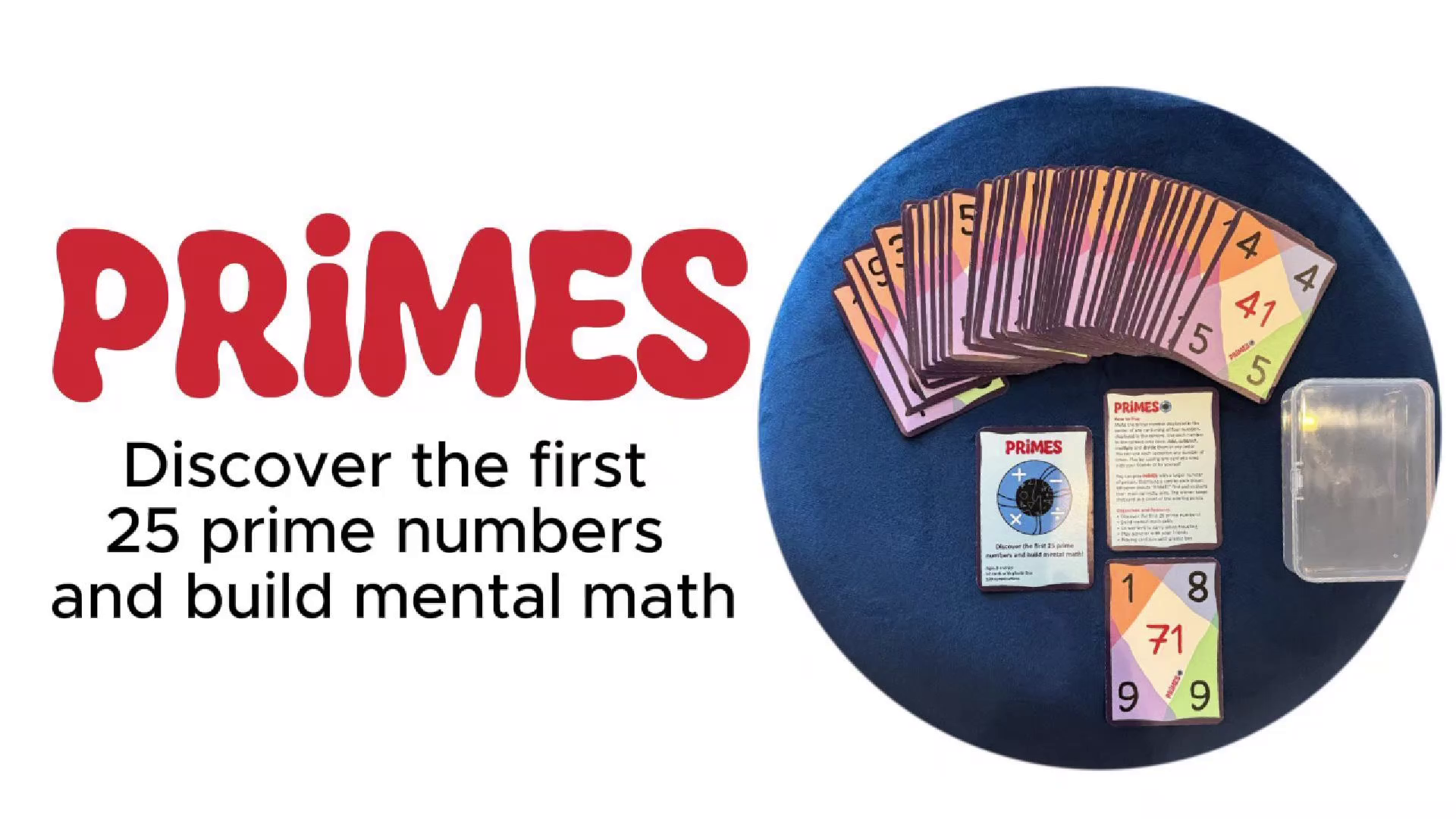Exhibit Tangents
Wednesdays at 6:30 pm ET (New York)
March 16, 23, and 30
Appropriate for ages 12 and up.
(online)

In the months before the pandemic, Professor Paul Zeitz led several after-hours “deep dives,” focusing intently on one or two MoMath exhibits to really understand the underlying mathematics. This new series now brings the same engaging program to those who cannot easily visit the Museum. Whether you’ve seen the exhibits in person or not, the magic of computer simulations will expose the beautiful mathematics that powers some of MoMath’s most popular exhibits.
Exhibit Tangents: “Tracks of Galileo and Square-Wheeled Tricycle” (online)
Wednesday, March 16 at 6:30 pm ET (New York)
These two exhibits are so popular among visitors that it can be difficult to get near them in the Museum. But in the quiet of your home, you can discover the classical curves that govern the very different phenomena behind these two exhibits. Intrigued by calculus? Be sure to sign up for the sessions on both March 16 and 23 to enjoy this “calculus corner” of mathematics!
Exhibit Tangents: “Motionscape” (online)
Wednesday, March 23 at 6:30 pm ET (New York)
In this session, explore Motionscape, a full-body, interactive game that is often crowded with visitors who may not realize that the exhibit is actually a beautiful exploration of calculus. Learn why! Intrigued by calculus? Be sure to sign up for the sessions on both March 16 and 23 to enjoy this “calculus corner” of mathematics!
Exhibit Tangents: “Synchronized Spin and Tessellation Station” (online)
Wednesday, March 30 at 6:30 pm ET (New York)
The beautiful Synchronized Spin exhibit is part of John Edmark’s magical Blooms series. When his sculptures spin under a strobe light, they seem to mutate in hypnotic ways. Just a few steps away are the fun tessellation magnets, usually crowded with visitors. What is the connection between these two exhibits?
These are online-only events; all registrants will be participating remotely. Occasional video recordings are made available for a fee at videos.momath.org.

